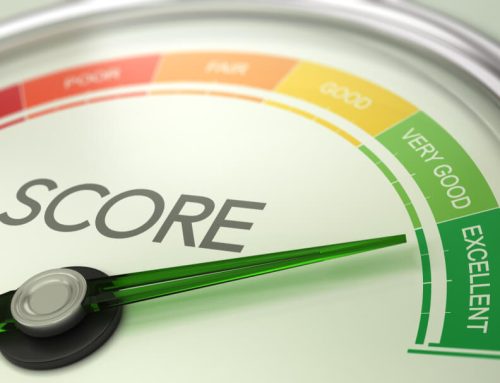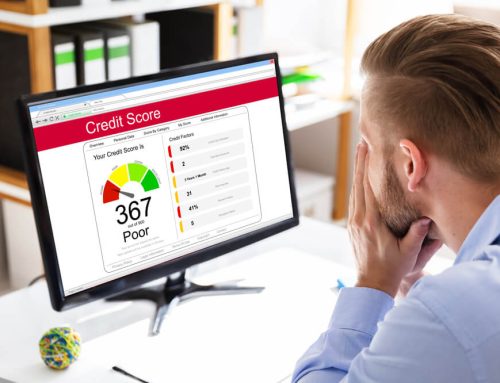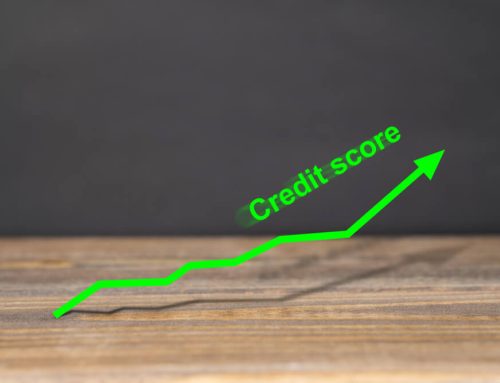Repairing Your Credit Score With Inquiry Removal
If you are having trouble meeting your financial needs, then you might not be thinking too heavily about improving your credit score. Lots of Americans have very low credit scores, and part of that is due to the recession and its lingering effects. They also suffer from low scores because of high unemployment rates and slow economic growth. However, your financial health is maintained by a strong credit score. If you don’t have a very good score, then you can pay far more for interest, loans, and mortgages. You may not even be able to find decent auto insurance with a poor credit score.
No matter what you have been through, whether it be foreclosure or bankruptcy or late payments, or just a mountain of debt, you can get boost your credit score back where it needs to be with the help of credit inquiry removal. We’re going to show you how, and if you are thinking about taking advantage of inquiry removal, don’t hesitate to reach out to us.
Look at Your Report
The FICO score, more commonly known as the credit score, shows you what your credit is like as a snapshot. It is determined by a number of factors, and we’re going to break those down for you:
Your Credit History tells how long you have been using credit.
Your Payment History tells whether or not you have been paying on time.
Your Credit Amount tells what amount of credit you are using and how much you have left to spend.
You can start your credit assessment by looking at your credit report. That’s something you can get for free at one of the three credit bureaus- TransUnion, Experian, and Equifax- through AnnualCreditReport.com. You are allowed to get one of these reports for free each year from each company.
Look at your report carefully when you get it. Make sure that your amounts owed are correct. Look for information regarding accounts that you closed that are showing up as active. You might find errors, and when you do, be sure to dispute them with the credit bureau or the creditor. You have the right to dispute any false information on your credit report. The Federal Trade Commission can generally investigate any dispute within 30 days.
Look in particular at any inquiries that were not authorized by you. Inquiries are made whenever someone asks for credit. If you see some that you didn’t ask for, then make a note of them and contact the bureau right away.
If you check your report regularly, you can find errors fairly soon after they occur. You may also discover that you are the victim of identity fraud. If you think people are using your credit without permission, you can request that it be frozen. That only allows certain people and organizations to access your credit. Be sure to contact local law enforcement if you think your identity has been stolen.
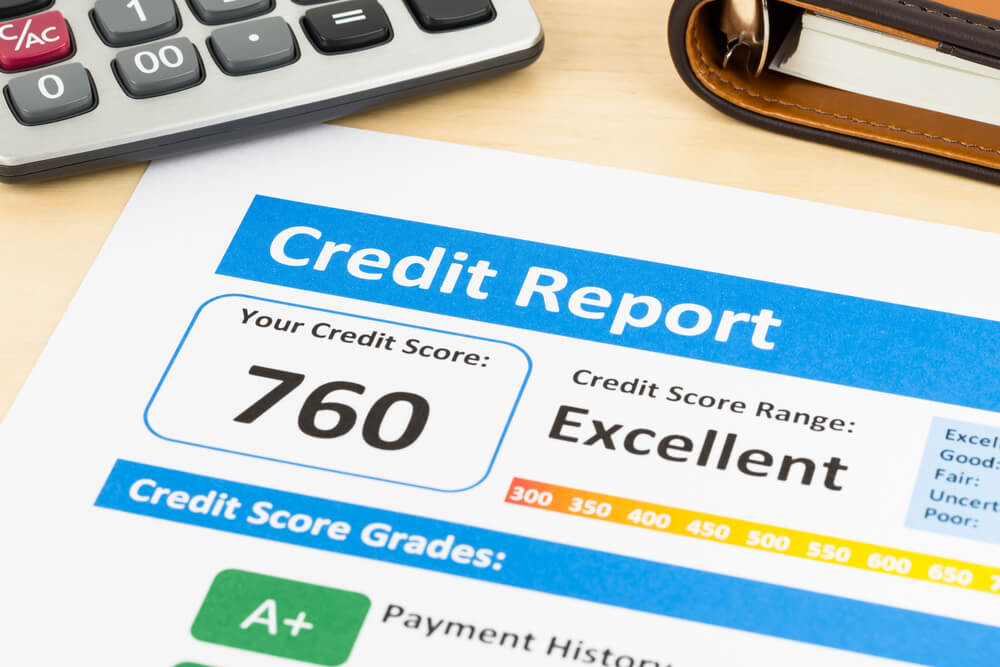
Communicate with Your Lenders
If you are having money problems, and want to achieve your best credit score yet, then you should talk to your creditors right away. Let them know the situation and see if you can make changes to your scheduled payments. Many times, they will negotiate with you to ensure that you are still able to make the minimum payment. Talk about payment options and be sure to be ready to make a payment as a sign of good faith.
If your employment isn’t the problem, then maintaining a stable job can help your credit score. It shows that you are a good candidate for loans because you have the means to pay them back. If your resume has been spotty recently, you should think about staying at your job until you at least hit the two-year mark to show stability. Now, you shouldn’t turn down any new job opportunities that open up, if they can greatly increase your salary.
Pay on Time All the Time
Once you have seen where your credit score is, you need to ensure that you keep up with all your payments. If you were a little behind on one of your bills last month, you might see it affect your credit rating. If you make a habit out of paying late or even missing payments, it can seriously damage your credit score. As you continue to do so, your score will dip lower and lower until no one wants to lend you money. If you miss payments for too long, then your account may be turned over to a collection agency, which can severely damage your credit score.
A credit report is a record of all the payments you have made concerning bills and types of credit. It applies to far more than just your credit cards. You should know that some of these items will appear on one bureau’s report but they won’t show up on another’s. You might not realize that older unpaid debts are affecting your score since they may not show up on the report you are looking at.
A third of your score is determined by how well you pay your creditors. Make sure you pay all your bills on time and at least make the minimum payments. You should hold onto any documentation that shows you made payments on time.
FICO scores are calculated by the Fair Isaac Corporation, and that organization recommends that you sign up for payment alerts with your lender. This means that you’ll receive a text or an email when the bill is almost due. That ensures you won’t forget when it comes time to pay your bills. You can also set up automatic payments with your bank account.
The bill doesn’t have to be paid in full for it to register as being paid on time. You only need to pay the minimum. That minimum payment, however, will simply keep you in debt. You will only be paying your interest a little at a time. If you can only afford the minimum payment, though, then you are certainly better off doing that than not paying at all. You need to create a history of one-time and consistent payments.
Which to Pay First
If you are using credit cards, then you want to pay them off quickly. You can actually pay anytime you want, and you don’t need to wait on a statement to arrive. If you receive some extra cash, you should use it to pay outstanding balances. Try to pay on the cards that are the most maxed out, and work your way down to the ones that are over 50%.
It may be worth it to look at interest rates on your various cards. The ones with the highest interest rates may be worth paying off first, even if you owe less on them.
If you are paying off several cards and manage to finish paying off one of them, you should take that money you were using on the paid-off card and apply it to the remaining cards.
Open Accounts Only as Needed
How many credit accounts you open needs to be something you keep under control. It’s easy enough to open them, and you can even sign up for store credit cards with no problem at all. However, you should resist getting a bunch of cards, especially over a short period of time.
However, having the best credit score can be challenging this way. New cards encourage you to spend more money. Also, if you have too many cards at once, it can damage your credit score. Any card gives you the potential for debt, and lenders will look at it that way. They want to ensure that you are someone who is likely to repay their debts before they lend you any money, and you having lots of cards looks suspicious to them.
Whenever you apply for credit, the lender is going to do a credit score check. As your score is checked, it creates a small ding on your credit report, alerting lenders that you are looking at new credit and may be having trouble maintaining your finances. Opening a new account can lower your score sometimes, and if you make lots of credit inquiries in a short period of time, it can seriously bring that score down. Just be careful about how many new cards you are applying for at once.
Keep Your Accounts Open
It’s tempting to close credit card accounts once you have finished paying them off. That removes the risk that you will be tempted to use them on unnecessary purchases. At the same time, it decreases your account age, which hurts your credit score slightly. You want to keep your credit cards open if possible. Having a paid off account looks good on your report, and as long as you can resist the temptation to spend like crazy, you should be fine holding onto those cards. If they have annual fees, however, then that is a different story. You may also want to ask your credit card company to switch you over to a better card, if you don’t like your current one. That way, you can still keep the account open and not suffer any of the downsides.
You can help yourself by closing out accounts that have a long history of delinquency or late payments. Once you pay those in full, they can boost your credit score. Make sure you close the newer accounts first, since the longer you have had an account in good standing, the better it is for your credit score. If you keep accounts open, be sure to use them to make purchases sometimes. That keeps the account active and ensures the card company won’t close it on you for not using it.
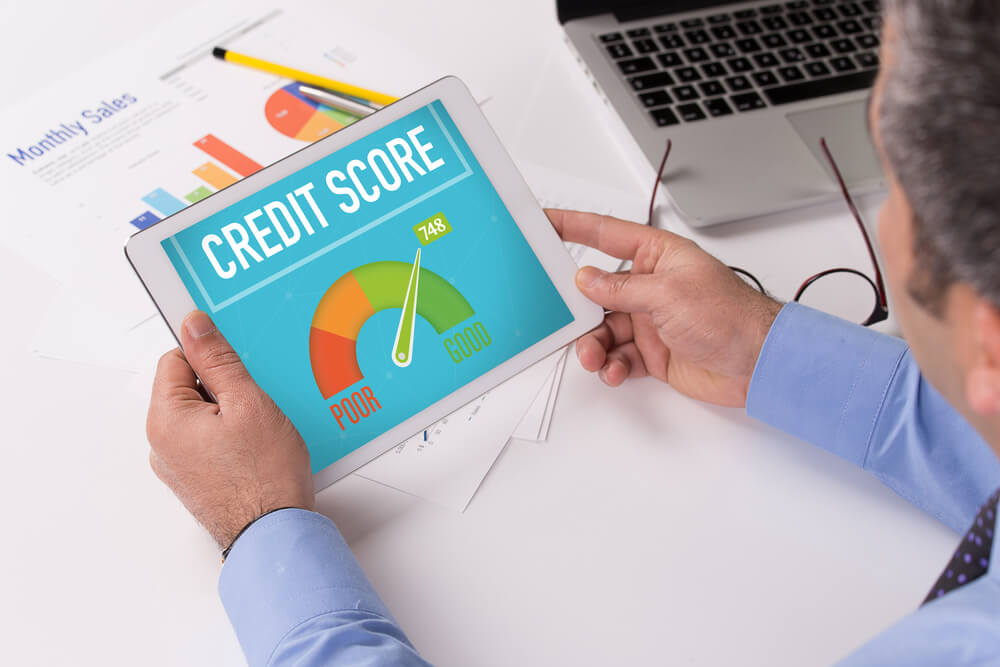
Think about Getting a Secured Card
Are you looking to get more credit cards? One option you should consider is a secured credit card. This may have a high fee, but almost anyone can be approved for one, and they look good on your credit report if you keep them paid off. They use bank deposits as backing, so your credit score doesn’t really play a part in the application process. You can use this card to increase your credit score over time and build a great reputation with lenders.
Make sure you choose your card issuer carefully, though. You want to look out for high annual fees and exorbitant interest rates. Look for card issuers that won’t be charging you application fees and one that lets you turn your card into a normal credit card after a year or so of regular use. You also want a card company that reports to the bureaus, so that you can enjoy the benefits this card can have on your credit score.
Open up Your Limit
You can also increase your credit score without getting a new credit card. Part of your credit score is determined by how much available credit you have compared to how much you are using. If you keep your balances the same but ask your card company for a credit limit increase, then you can boost your credit score. You have a good chance of increasing your limit, whether you realize it or not. If you have a good history with your card company, they are very likely it expand your limit. Some credit inquiries can trigger a hard credit check that can hurt your credit score. Be sure to ask for the highest possible one that won’t trigger a credit check.
As you increase your credit limit, you increase the gap between how much credit you have available and how much you are using. As that distance increases, your credit score does too.
Credit Utilization
The distance between credit use and credit available is known as your credit utilization ratio when expressed as a percentage. If you have a $5,000 credit limit and you are using $2,500, then your credit utilization ratio is 50%. If you ask for your credit line to be increased by $5,000 and you keep your balance the same, then your credit utilization ratio drops to 25%.
If that credit ratio is high, then you don’t look very good on your report. Experts recommend sticking to a 30% credit utilization ratio or less. That’s a great way to ensure that your credit score stays at a good level. If you get it even lower than that, then that’s even better. Any increase you can get in your credit limit will help you. It may not be a sizable increase that you receive, but you should count anything as a victory.
About a third of your credit score is determined by how you use your credit on every one of your cards. This scoring system works in such as way that it is better to have $1,000 on a $5,000 limit card than to have $400 on an $800 limit card. Your credit utilization ratio is much lower on the first one, even if your balance is higher. The amount isn’t what’s important; it is the percentage that is being used that matters. That’s the same reason why it is unwise to close accounts. You can improve your credit utilization and your credit score by keeping more accounts open with a higher credit balance available.
Work for a Lower Interest Rate
If you are going to make this work, then you need to get more credit available to you without spending more. If you increase your limit, that doesn’t mean you should be spending more to compensate. The increase does you no good if you just go and spend a bunch of money. The credit limit should not be seen as a reason to spend more but as a way to save money later on car loans, interest rates, and more.
When you get a credit increase, you can also ask the creditor to give you a lower APR. Then your credit card debt wouldn’t accumulate quite as fast. You can start to get your balances lowered as a result.
Have Diverse Credit
If you have the best credit score, then you probably have a good mix of credit types. That can mean mortgages, credit cards, and auto loans. This mix of credit types determines 10% of your credit score, and you need to pay attention to it.
Look Out for Scammers
You might have problems paying all your bills on time. In that case, you could benefit from debt consolidation. You do need to be careful, though. There are lots of scam artists out there looking to take advantage of you. If anyone tries to offer you assistance in working on your debts, be sure you are given a copy of your consumer rights as well as a detailed contract. All fees should be outlined and full contact information should be made available to you. You can also search for references and reviews for the company to see if they are legitimate. Finally, make sure you keep copies of all correspondence with them.
In Conclusion
If you are trying to get out of debt, then the toughest part will be staying patient with your credit score repair efforts. You are going to have to wait a while to start seeing improvements. The only way you can get a quick change is to fix major errors on your report, but for everyone else, it’s going to take some time. In a few years, however, you can have the credit score you want.
Lastly, inquiry removal can also help you make the necessary improvements to your credit score. If you want to slove these problems quicker, feel free to get help from us.

